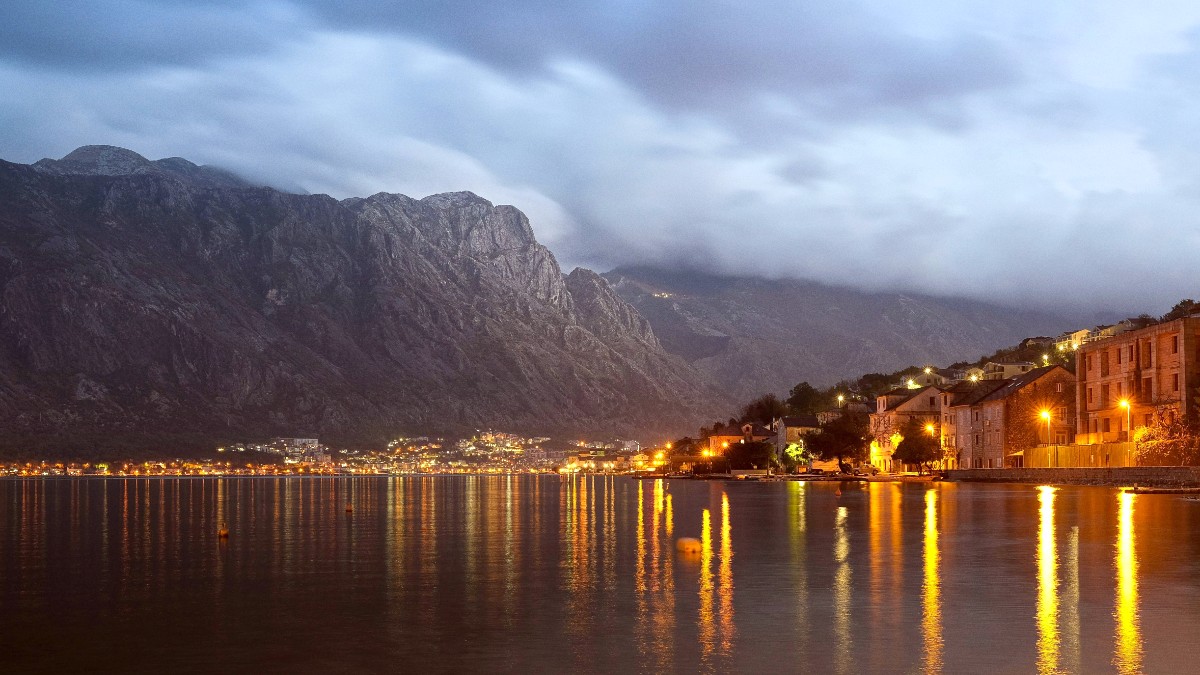
Montenegro
Travelers seek ways to extend their budget without compromising on the experience.
Efficient planning supports maximizing your time in the Bay of Kotor, especially during peak season.
Tailored recommendations for various travel styles.
Offline maps and language packs from apps like Google Maps and Google Translate remain valuable when internet access is limited.
Access essential digital and print resources to enrich your travel experience.
Reputable travel guide publishers offer Montenegro-specific guides or detailed sections in larger Balkan guides. Look for recent editions for updated information.
Detailed physical maps of Montenegro and the Bay of Kotor region prove useful, specifically for self-driving or hiking. Consider a good map for navigation.
Look for local newspapers or free tourism magazines at information centers, hotels, or cafes for current event listings.
Official tourism portals (montenegro.travel), local tourism organization websites, and bus schedule sites (BusTicket4.me, BalkanViator) contribute to comprehensive planning. Forecast.me provides reliable weather data.
Visit montenegro.travel for official tourism information, attractions, and events across the country.
Find the current official website for the Kotor Tourist Organization for local events and specific area maps.
Check BusTicket4.me or BalkanViator for intercity and international bus schedules, prices, and online ticket purchases.
Always prioritize personal safety. Stay aware of your surroundings, protect valuables, and use reliable transportation. For critical alerts, contact your embassy.
Ensure your passport remains valid for at least three months beyond your intended departure date from Montenegro.
Determine if your nationality requires a visa for Montenegro. Apply well in advance if a visa is needed.
For travel during the high season (June-August), book flights several months in advance for better prices.
Invest in a comprehensive Travel insurance policy covering medical emergencies, evacuation, trip cancellation, and lost luggage.
Discuss recommended vaccinations and necessary health precautions with your doctor. Ensure routine vaccinations are up-to-date.
Secure your preferred hotels, guesthouses, or apartments, especially if traveling during peak season.
If planning to self-drive, book your rental car. Obtain an International Driving Permit (IDP) if your national license is not from an EU country.
Outline daily activities and potential day trips. Research attractions, opening hours, and transportation options.
Inform your bank and credit card companies of your travel dates and destinations to prevent fraud alerts or card suspensions.
The first few hours in a new destination. A clear plan guides your steps.
A smooth departure marks a positive end to your trip. Plan souvenir purchases keeping luggage weight limits in mind. Inquire about shipping costs and customs regulations if sending larger items home. Montenegro has a VAT (Value Added Tax) system, and non-residents may qualify for a refund on certain goods; keep receipts and ask for a "Tax Free" form at the point of purchase. The refund process typically completes at the airport upon departure.